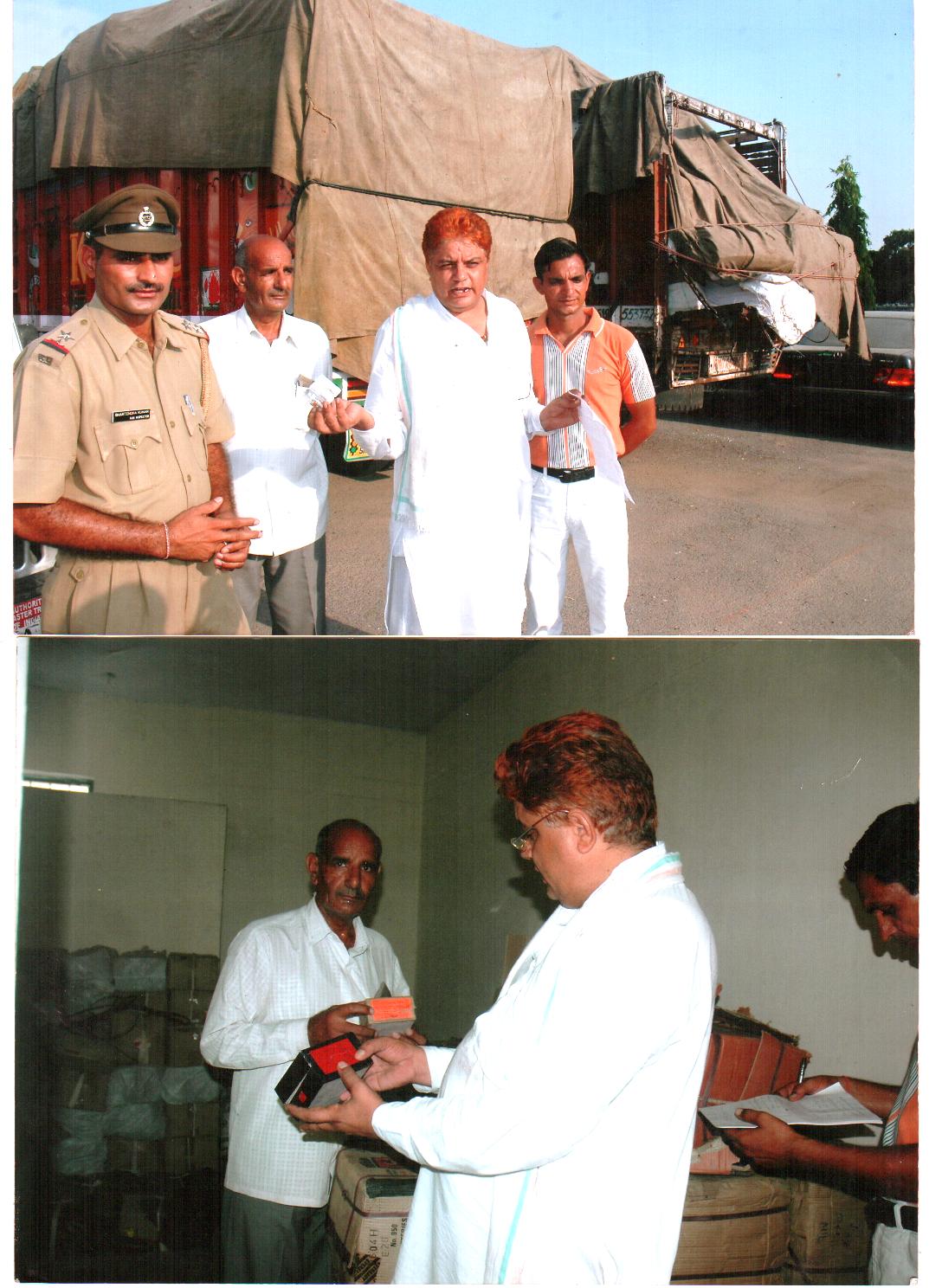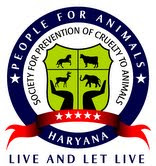It’s not just in the UK and US that we see suffering in the dairy industry as Peta India reveal in a recent investigation.
 Undercover Investigation Reveals Horrors in India’s Dairy Industry
Undercover Investigation Reveals Horrors in India’s Dairy Industry
‘Producing’ Cruelty
PETA India’s recent undercover investigation of several dairy farms revealed shocking cruelty to cows and buffaloes. Tabelas – animal factories with no provisions for health care or animal welfare – are steadily replacing small family farms.Buffaloes in Delhi’s main dairy facility stand knee-deep in foul-smelling excrement, suffering from skin infections, foot disease and other illnesses. Garbage is piled up everywhere. Drainage, electricity and designated waste disposal sites are lacking.
In Mumbai, calves are tightly tethered on short ropes in order to prevent them from reaching their mothers, but in their struggle to get free, they often become entangled in the ropes and strangle themselves. One dairy owner reported that half the calves die shortly after birth.
An Endless Cycle of Abuse
Cows are beaten into submission and artificially inseminated so that they will keep producing milk. Although this practice should be performed by trained professionals, most cows are repeatedly inseminated by “barefoot healers” who ignore the most basic hygienic standards and use equipment that has not been sterilised, exposing cows to infections and diseases.Most of a cow’s day is spent confined to a narrow, filthy stall. Cows are injected with Oxytocin, an illegal drug that causes them to produce unnaturally large quantities of milk and suffer severe stomach cramps as though they were in labour. Cows are impregnated repeatedly. They grieve for every calf they deliver who is ripped away a few days after birth. Cows often develop mastitis – an infection of the udders – from rough handling and rumen acidosis from unwholesome food.
Other abuses documented by PETA’s investigator include:
- Calves were tethered with short chains, often without any shelter.
- Workers kicked buffaloes to make them stand. Injured animals were hit with sticks and pulled by their tails.
- Bleeding buffaloes were denied veterinary care.
- Animals were covered in their own faeces.
- Animals lived among heaps of garbage.
- Drinking water was filthy.


